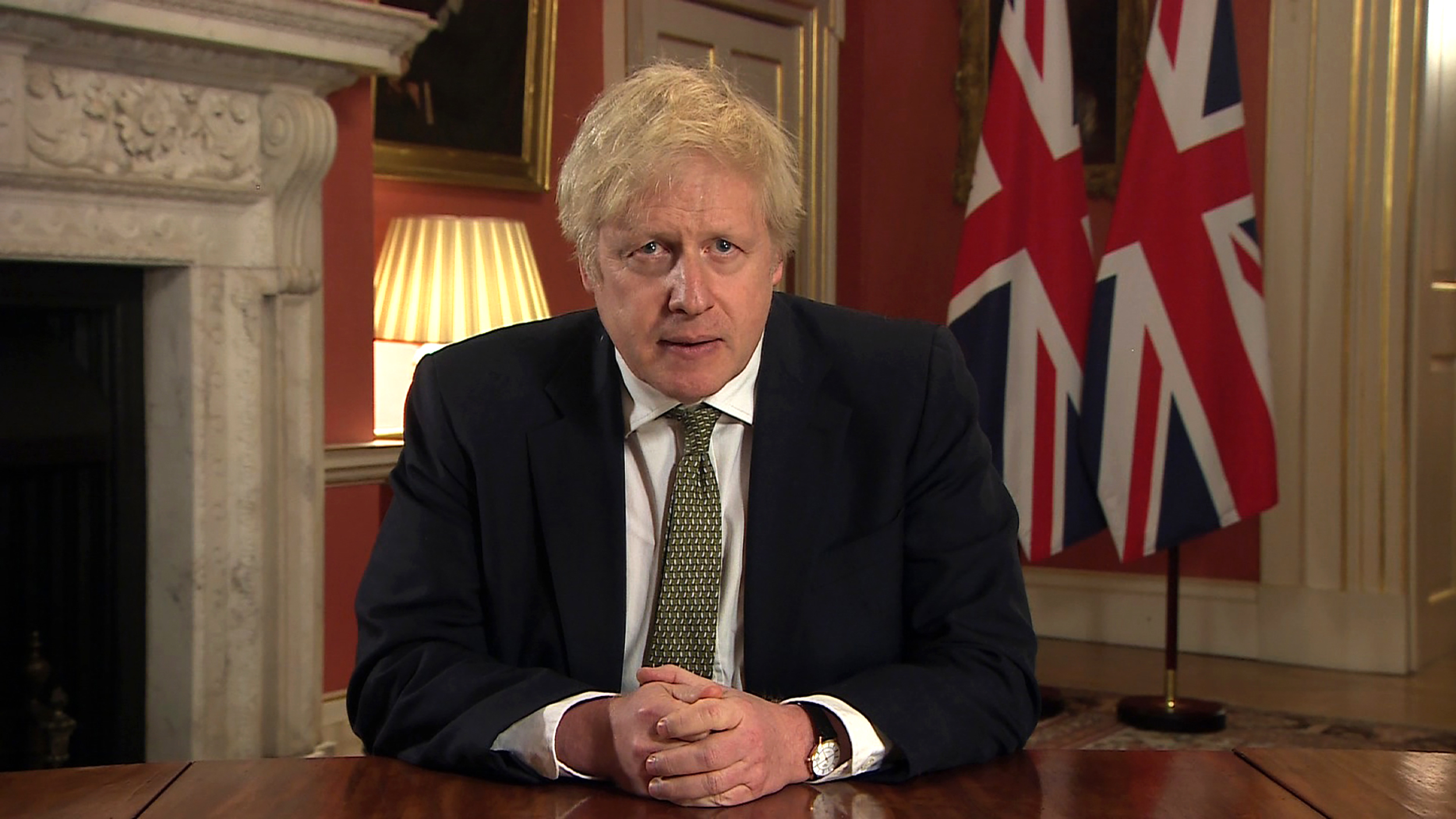Boris Johnson has insisted his four-step plan to ease England’s lockdown is a “one-way road to freedom”.
The prime minister’s “cautious” strategy could see the Covid restrictions fully eased by 21 June – if strict conditions are met.

The PM, facing criticism from some of his own MPs who believe the pace of change is too slow, said lives would be made “incomparably better”.
Scotland First Minister Nicola Sturgeon will reveal her own plan later.
She has said Scotland will return to a tiered system when measures are eased, meaning different parts of the country could be under different rules.
Meanwhile, the government is also reviewing the use of “Covid status” certificates, which could be used by people to demonstrate they had received a vaccine or a negative coronavirus test to enter venues.
The prime minister said his plan offers the best chance to avoid another lockdown.
In the first step of his roadmap, all pupils in England’s schools are expected to return to class from 8 March, with mass testing and wider use of face masks in secondary schools.
There will be a further easing on 29 March, with groups of up to six people or two households allowed to gather in parks and gardens.
Shops, hairdressers, gyms and outdoor hospitality, as well as self-contained holiday accommodation, could reopen on 12 April. A review of international leisure travel restrictions could also be announced.
From 17 May, two households or a group of six may be able to meet indoors in a pub or other hospitality venue such as restaurants.
Cinemas, museums, hotels, performances and sporting events will also reopen, with up to 30 people able to attend weddings, receptions, funerals and wakes.
The final step from 21 June will potentially see all legal limits on social contact removed, with the final closed sectors of the economy reopened – such as nightclubs.
Progressing along the schedule will depend on four tests: the success of the vaccine rollout, evidence of vaccine efficacy, an assessment of new variants, and keeping infection rates below a level that could put unsustainable pressure on the NHS.